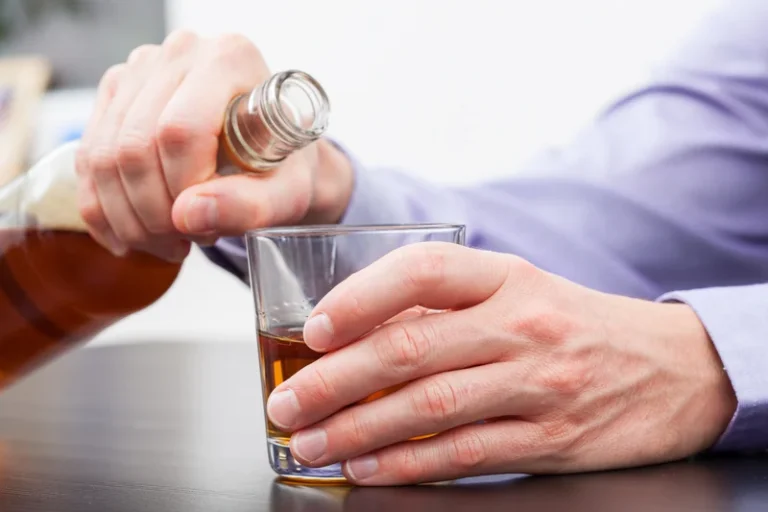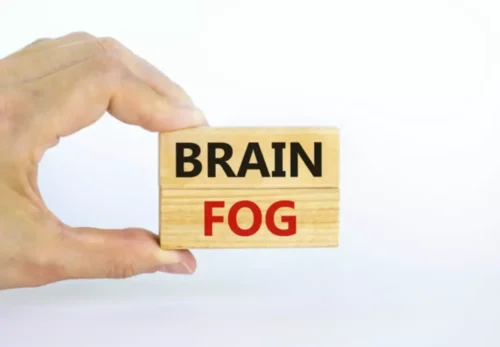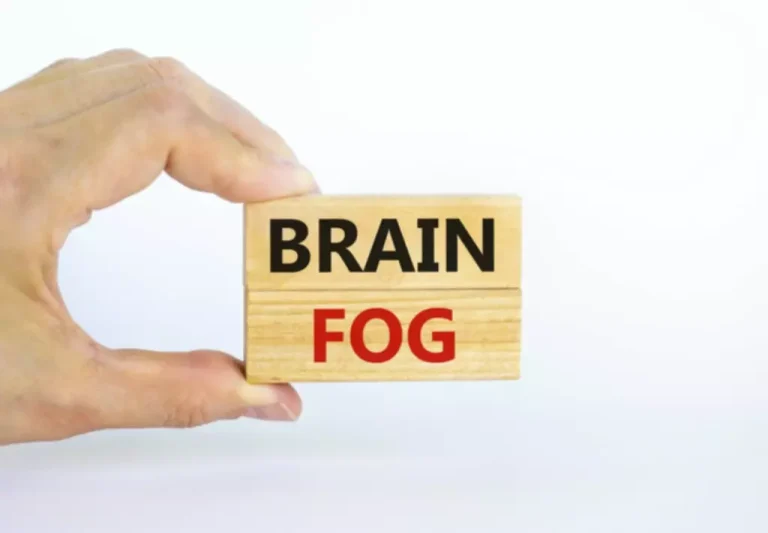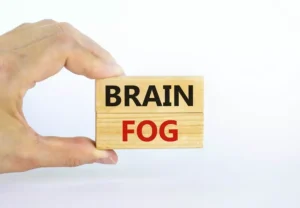How Can We Apply CBT to Addiction Treatment?

At Vegas Stronger, we incorporate an integrated approach to mental health and behavioral health services, emphasizing the effectiveness of Cognitive Behavioral Therapy (CBT) in addressing addiction. Understanding how cognitive behavioral therapy (CBT) helps address addiction is essential for comprehending our comprehensive treatment strategy. Cognitive Behavioral Therapy (CBT) offers significant advantages for those struggling with addiction by addressing underlying psychological issues. Often, addiction is a symptom of deeper emotional and cognitive problems, such as anxiety, depression, or trauma. CBT helps individuals uncover and confront these root causes, making long-term recovery more achievable.
Cognitive restructuring

It’s changing the way you feel or act toward something by changing how you think about the situation. Due to the relatively small sample size of patients included in this study and varying quality of the studies, the available direct comparative evidence is limited. Future research should revisit these conclusions when a larger body of high-quality studies becomes available. Finally, there appears to be a certain degree of uncertainty within the existing literature. Some of the references cited in this study cognitive behavioral therapy lack clarity in their risk of bias assessments, which may contribute to a higher risk of bias in the results. To enhance the quality of future research, it is essential to improve the clarity and accuracy of the literature used.
- In the network meta-analysis, if a closed-loop structure was present in the network evidence plot, node-splitting analysis was conducted to assess inconsistency 48.
- In randomized clinical trials, problem drinkersassigned to behavioral self-control with a goal of either moderation orabstinence typically have comparable long-term outcomes.
- One of the first steps in using Cognitive Behavioral Therapy (CBT) to address addiction is identifying triggers and patterns that lead to substance use.
- Cognitive Behavioral Therapy is a widely utilized treatment approach in rehabilitation centers across the United States.
- Studies have shown that CBT can be effective for people dealing with depression and anxiety disorders, and when talking about substance use disorders, research indicates that CBT can reduce relapse rates by 50% or more compared to classical approaches.
- Cognitive Behavioral Therapy is a structured, evidence-based approach that consistently demonstrates effectiveness across a wide range of mental health conditions.
Should Drugs Be Legalized? Explore the Pros and Cons

Various formats of therapy, including individual and group sessions, offer flexibility to address diverse needs. Although cognitive therapy and Cognitive Behavioral Therapy (CBT) share common ground—both emphasizing the identification and modification of distorted thinking—there is a key distinction. Cognitive therapy primarily concentrates on transforming thought processes, while CBT integrates cognitive methods with behavioral interventions, addressing both thoughts and behaviors simultaneously. This aspect of therapy focuses on equipping individuals with practical tools that can be applied in various stressful situations.
- For example, medications may be prescribed to help curb cravings or reduce withdrawal symptoms, making it easier for clients to engage in therapy.
- Below we review individual and group treatments including motivational interventions, contingency management strategies, and Relapse Prevention and related interventions with a focus on functional analysis.
- These professionals are required to undergo regular supervision and continuous professional development to ensure the fidelity and effectiveness of the interventions.
- Several of these are reviewed, as they have been successfullyincorporated into an integrated cognitive-behavioral model of addictive behaviorsand their treatment.
- Discover what is Zohydro addiction, its risks, effects, and treatment options to support recovery.
What Conditions Can Cognitive Behavioral Therapy (CBT) Help With?
Further research is necessary to investigate how distinct types of trauma influence treatment outcomes. These investigations can provide valuable insights and facilitate the development of more targeted and effective treatments. Research suggests that pairing CBT with additional therapies or medication can significantly enhance treatment outcomes. Furthermore, studies indicate that those receiving integrated interventions tend to exhibit lower relapse rates over time, demonstrating the importance of combining strategies for sustainable recovery.
Substance Abuse Group Activities That Empower Recovery
- Patients are rewarded for achieving specific milestones in their recovery journey, such as maintaining sobriety or attending therapy sessions consistently.
- Each activity, from practicing mindfulness to setting personal goals, offers unique ways to support lasting change and emotional resilience in a group setting.
- This activity helps members define short-term and long-term goals, creating actionable steps to achieve them.
In substance abuse treatment, CBT often involves helping patients identify triggers that lead to substance use and how to face them. Through cognitive restructuring, patients learn to reframe these triggers in healthier ways. Therapists work with patients to develop coping skills and relapse prevention strategies that empower them to manage cravings and avoid high-risk situations. Therapy can be a helpful tool in managing mental health symptoms and navigating difficult life transitions, such as when you quit drinking alcohol or using drugs. There are several types of therapy used in addiction treatment, and one of the most effective is cognitive behavioral therapy (CBT).
Although there has been more researchon alcohol-related effect expectancies (Goldman, marijuana addiction 1994), there has been an increased interest indrug-related expectancies (Brown,1993). Given that drugs have differing effects, it has been necessaryto develop measures specific to the effects anticipated from these differentdrugs, such as marijuana (Schafer andBrown, 1991) and cocaine (Jaffe and Kilbey, 1994; Schafer and Brown, 1991). The basic attributional dimensions are internal/external,stable/unstable, and global/specific. For instance, clinically depressedpersons tend to blame themselves for adverse life events (internal), believethat the causes of negative situations will last indefinitely (stable), andovergeneralize the causes of discrete occurrences (global).
Cognitive therapy works under the assumption that a client can be educated toapproach his problems rationally. Because of this emphasis on rationalunderstanding, the cognitive therapist will typically begin therapy byexplaining the nature of her approach (seeFigure 4-12for a sample openingscript). Therapies based on counterconditioning theory typically use chemicallyinduced aversion or electric shock as negative consequences to be pairedwith the substance-related cues. In this procedure,the client is asked to imagine as vividly as possible a sequence of eventsthat begin by seeing his favorite bar; this is typically accompanied byincreased craving. As the person proceeds further in imagining entering thebar, sitting down, ordering a drink, and so on, the initial sense of cravingshifts to mild discomfort. As he visualizes beginning to take a drink andtastes the alcohol, he is then asked to imagine becoming violently sick andvomiting (Rimmele et al., 1995).

This researchgenerally supports the hypothesis that those with lower levels ofself-efficacy are more likely to abuse substances. A goal of CRA is to make these alternative interpersonal and social sourcesof reinforcement available when the person is sober or drug-free, but tomake them unavailable if the person drinks or uses. The program consists ofa number of components, and it can be tailored to the specific circumstancesof a client. Vocational counseling and job clubs can improve clients' basicskills as well as job-seeking skills (e.g., résumé development, applicationcompletion, job interview skills). Social and recreational counseling isprovided to help clients learn about and sample a number of substance-freerecreational pursuits and social activities. In some cases, social clubshave been established to provide clients with a substance-free environmentwhere they can gather and have fun.